Bad Lads brings the stories of Medomsley’s forgotten survivors to the stage
Playwright Mike Kenny and director Jenny Sealey give voice to the men who endured abuse inside County Durham’s notorious youth detention centre – and ask audiences to bear witness
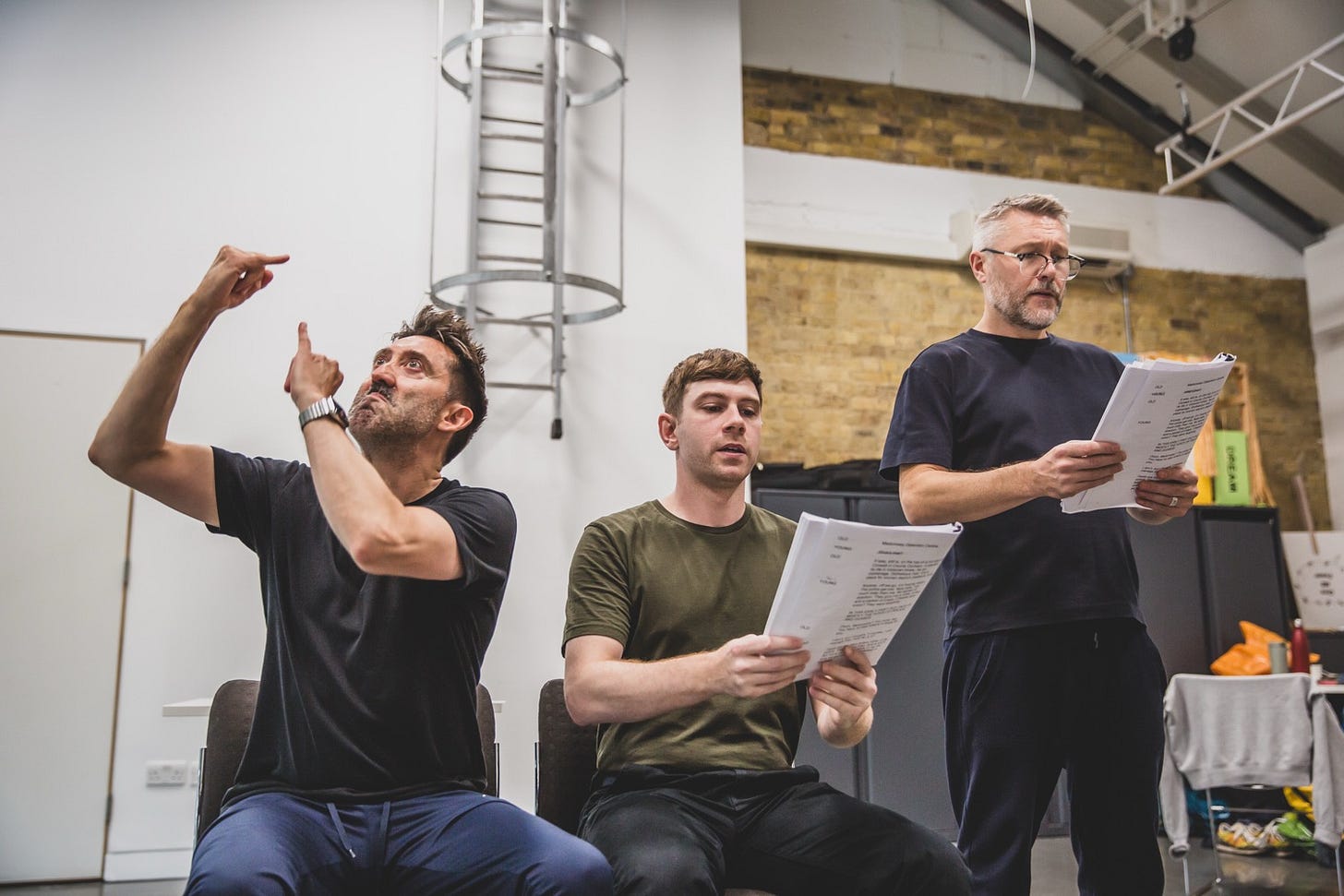
“They talked solidly for two days.” That was Jenny Sealey’s first encounter with a group of men who had once been detainees at Medomsley Youth Detention Centre in County Durham.
Their experiences of abuse during their time at the facility had been brought to her attention by a friend, Dr Susan O’Rourke, a consultant clinical psychologist who had been undertaking assessments with the survivors as part of a compensation claim
“The more she talked to them, the more she realised that they really wanted to have their stories out there.”
Invited into a rehearsal room during lockdown in 2021, Jenny and playwright Mike Kenny expected to begin working with the men slowly, with gentle introductions and theatre exercises. Instead, they needed no prompting. Decades of silence poured out in testimony after testimony, accounts of abuse that had shaped entire lives.
From that moment, Graeae Theatre Company’s ‘gripping and devastating’ Bad Lads - produced in association with Newcastle’s Live Theatre - began to take shape. The new play, written by Mike and directed by Jenny, premieres in Newcastle next week (October 2) before a national tour.
Created from the men’s testimonies, it asks audiences not just to bear witness to what happened inside Medomsley in the 1980s, but to confront the legacy of a system that failed thousands of working-class boys and has yet to be fully acknowledged.
Between 1961 and 1987 more than 24,000 young men passed through Medomsley, serving short custodial sentences designed by Margaret Thatcher’s government to “short, sharp, shock” them out of offending.
Instead, more than 1,800 have since reported being physically or sexually abused while inside. Many more are believed never to have spoken out. The regime was brutal, leaving boys with broken bones, psychological scars and a deep sense of shame.
Investigations including Operations Halter and Seabrook have led to eight convictions of former prison officers and members of staff at the centre - the most recent coming in 2023.
Yet prosecutions have only ever scratched the surface. A new inquiry, Operation Deerness, led by the Prisons and Probation Ombudsman, is now examining what the authorities knew about the abuse and whether opportunities were missed to stop it. It’s findings are expected to be published soon.
Survivors remain adamant: justice has never been done, and no official apology has ever been made.
For Jenny and Mike, the task of putting such experiences on stage has been both daunting and vital. “It does feel like a huge responsibility,” Mike says. “We have told a lot of real stories, but this was on another level of both intensity and importance and neglect.
“That was the thing – the 30 years when nobody was listening. Which kind of goes on, really, makes it something else.”
One man, Jimmy Coffey, became central to the writing process and his name appears alongside Mike’s on the poster in Live’s foyer.
“He was one of the guys who stayed with us from that very first session right the way through, and told me his story in forensic detail and using the other testimonies to frame it,” Mike explains.
“Jimmy’s story is at the heart of the piece that I wrote in the end, to make sure what we had was an authentic version. In the end, he was so involved that we’ve credited him.”
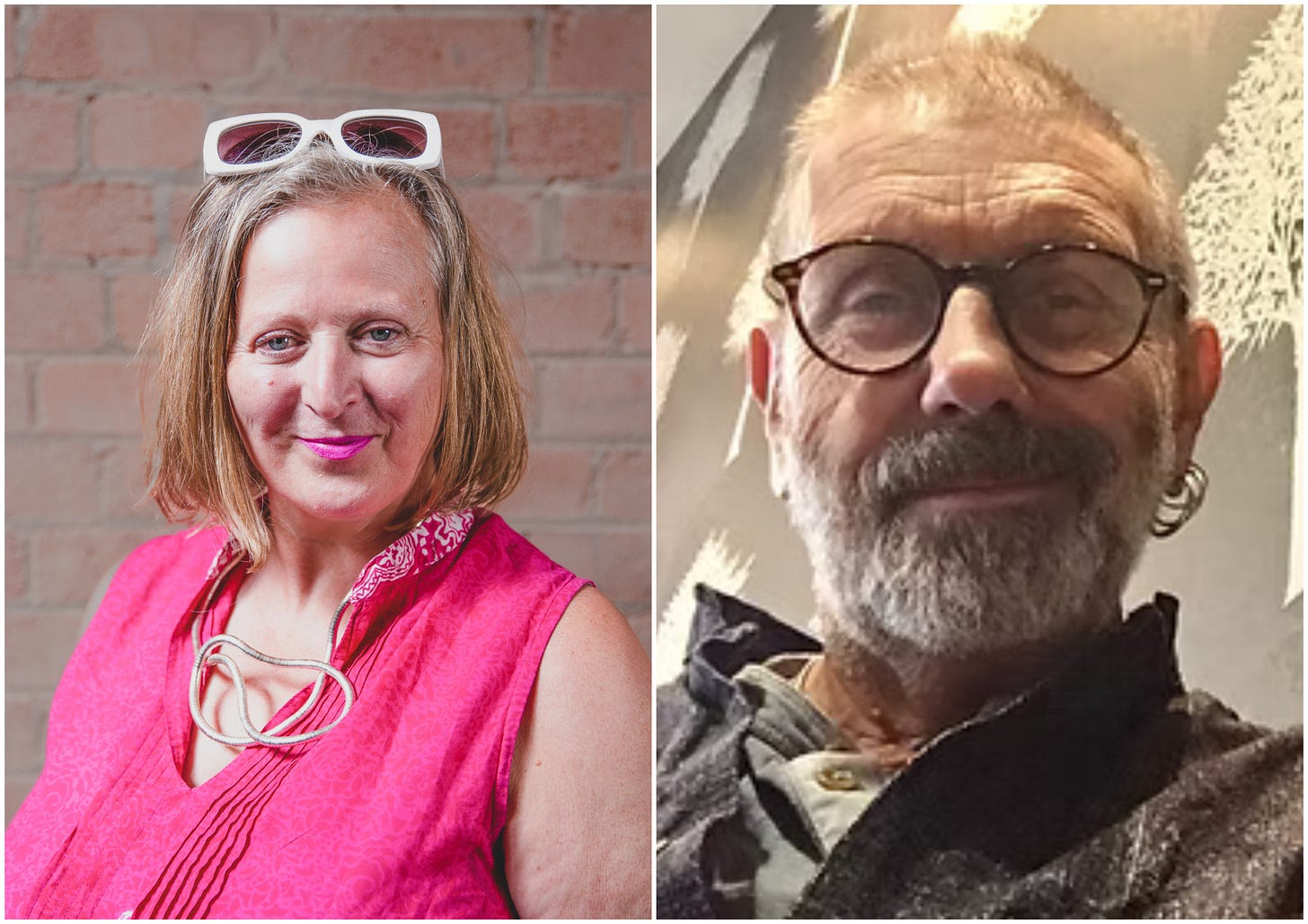
The decision was made to show Jackie, the character based on Jimmy, at different stages of his life. Younger Jackie is played by Robin Paley Yorke, Older Jackie by Danny Raynor, with Craig Painting integrated as performance interpreter and a further embodiment of Jackie’s voice.
Jenny says: “It’s complicated because it’s one person’s story, but they’re also telling the story of the many. We’ve got three people playing one person. Because there’s three people, it feels more representative of the many stories, as well as being truthful to Jimmy’s.”
For Mike, this approach turned testimony into drama. “It made it a play, because plays are kind of like conversations. They’re grappling with all the complexities of that story and how it affected you. You’re not looking at teenagers anymore. You’re looking at people who’ve lived a life, so they needed to be in the room too, and on the stage.”
As with all Graeae productions, accessibility is woven into the artistic fabric. Performances will integrate British Sign Language (BSL), audio description and creative captions, and will be presented in a relaxed environment.
“The signing, in a way, is a physicalisation,” Jenny explains. “We have the audio description within the landscape of what they say, but also in the sound design, and we have captions. We don’t shy away from the truth, and we don’t shy away from the brutality of it.”
She also stresses the importance of audience care. “It’s not a relaxed subject matter by any stretch of imagination. But we will have content warnings, and we are creating a wellbeing package for audiences who are impacted afterwards. I’m going to stay for most performances so that I can have that aftercare with audience members.”
Bad Lads premieres at Live Theatre from October 2-11, before touring to Plymouth, Bristol, Liverpool, Derby, Coventry and then back to the region at ARC, Stockton in November.
For Mike, beginning here matters: “It’s really nice for the region that a story from here is seen first here. It’s great for us too, because it has grown out of years of conversations with the men. We start in the North East and end in the North East.”
Jenny agrees: “Live Theatre has given us the space to do our tech rehearsals and everything. It’s really exciting, particularly because it’s a North Eastern story. Live audiences will understand what we’re engaged in.”
The men who shared their testimonies will be present at rehearsals and performances, alongside others who are only now coming forward. “Some people have been walking up at Live box office saying, I’m a Medomsley man,” Jenny says. “Not part of our group that we’ve met, but other men. That was like, oh my god. Of course there’s going to be many more than just the few that we know.”
For survivors, watching actors embody their stories could make a difference. Mike says: “They talked about hoping that just seeing somebody else on the stage telling their story - not having to be them on the stage - might be one little tiny step towards some sort of closure. A tiny little step. They’re never going to get full closure. None of them feel like justice has been done.”
Jenny adds: “Nobody official has said sorry for this. They would welcome an acknowledgement of what they were on the receiving end of.”
Both creators are wary of overstating what theatre can achieve, but are convinced of its necessity. Mike says: “I still think stories need to be told. They humanise us. They tell us what we’re about, what we’re doing right, what we’re doing wrong. At the moment, we are so spectacularly divided.
“Hopefully this closes a few of those gaps. Our responsibility is to do that as well as we possibly can, and not make too many big claims for what effect those stories have. But it’s a step in the right direction.”
Jenny puts it simply: “Those men wanted and needed to talk. It is time for them to be heard.”
Bad Lads runs at Live Theatre, Newcastle from October 2 to 11, before touring nationally. It’s back in the region for two dates at ARC Stockton on November 14 and 15.



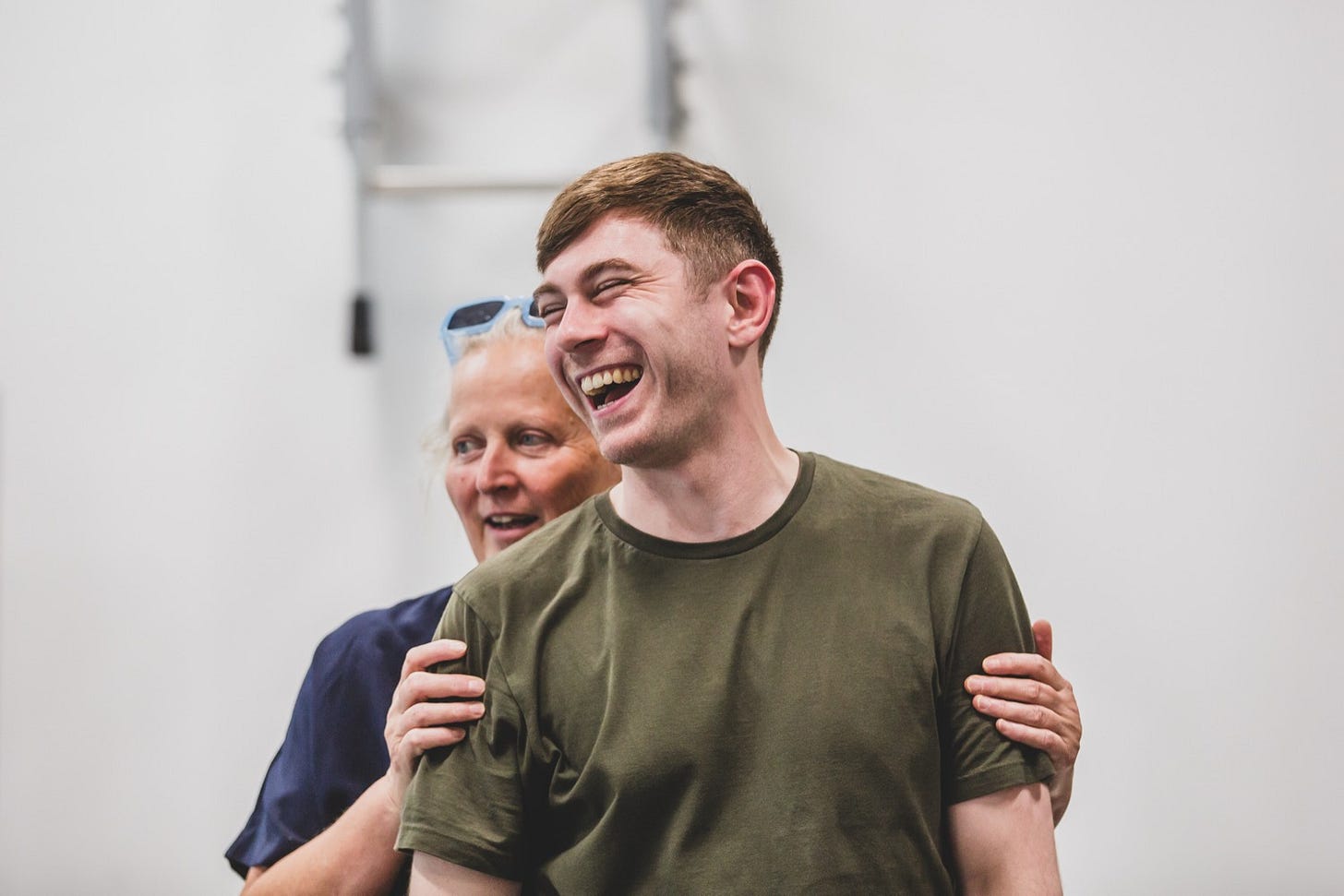
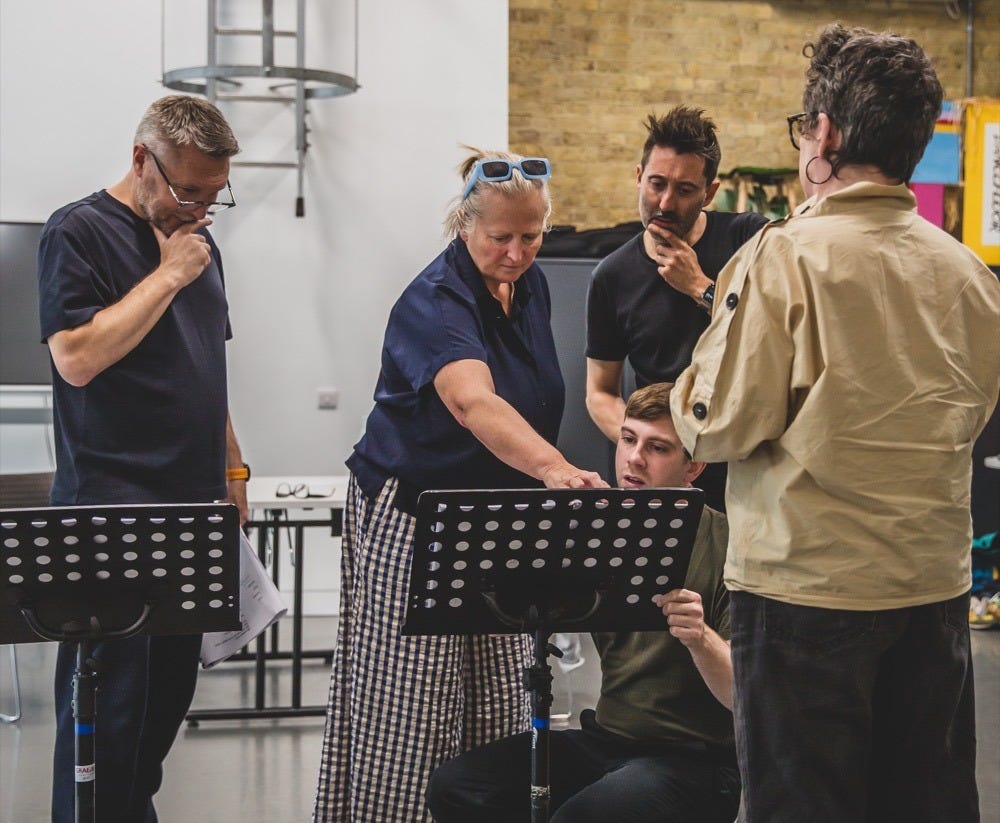
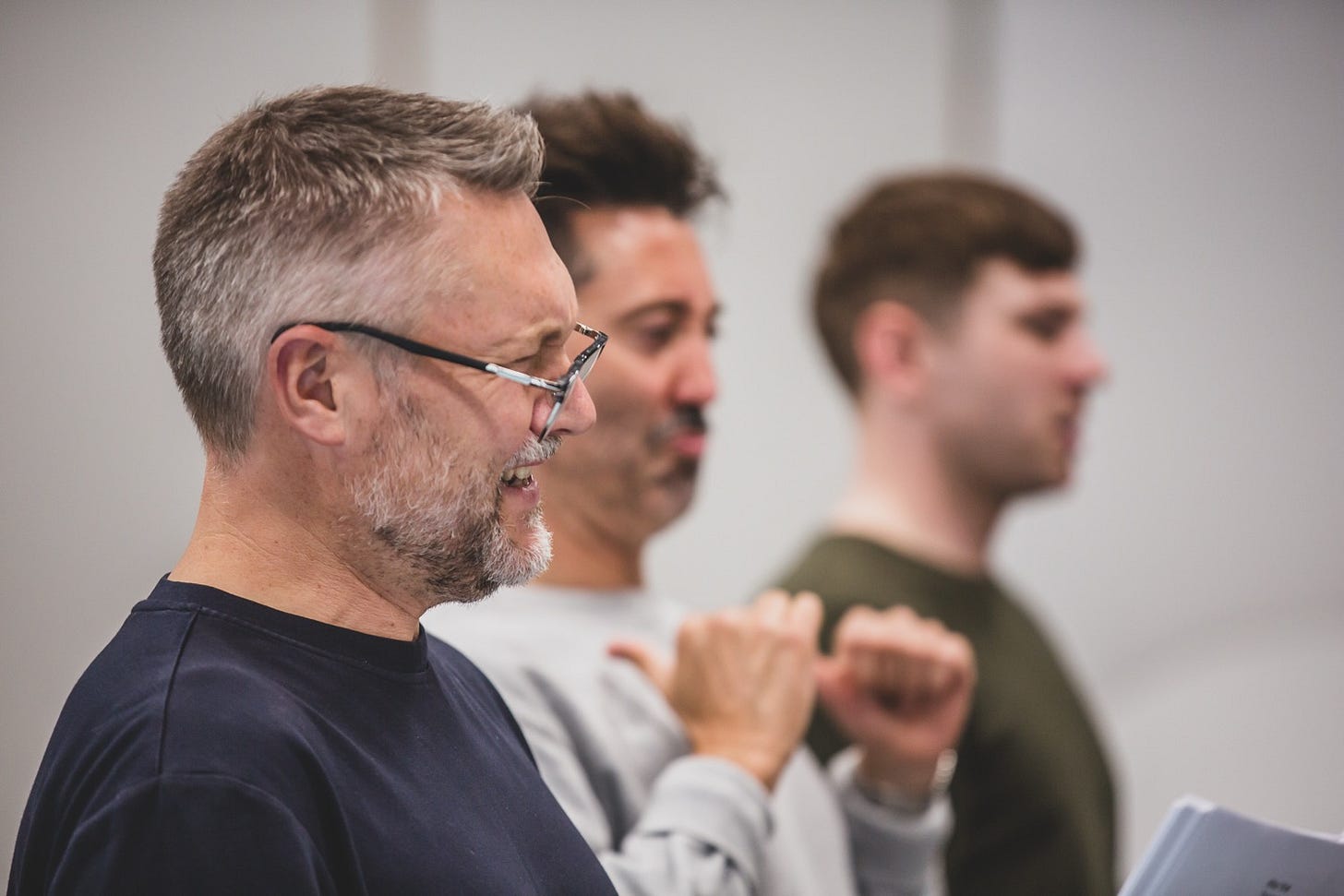
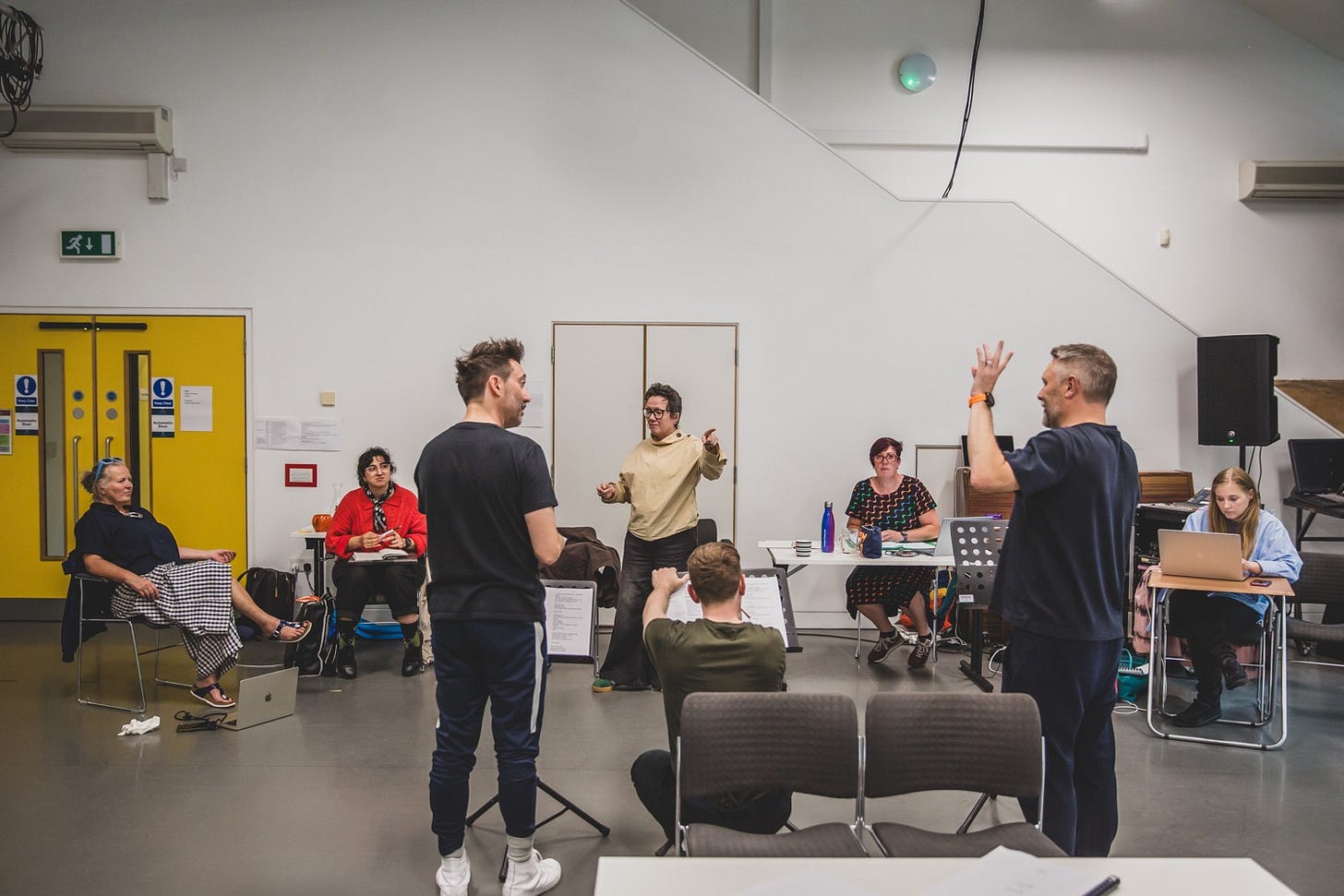
…?
Former inmates” what part of detention doesn’t tell you we were detainees not Prisoners.
…?
Former inmates” what part of detention doesn’t tell you we were detainees not Prisoners.